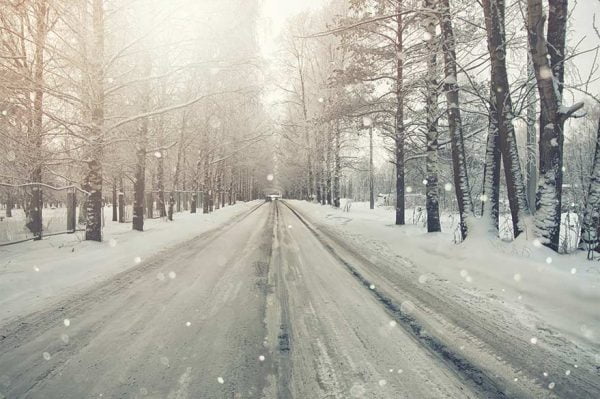
Precautions to take in the event of severe weather conditions
The main risk to any property in periods of cold weather is water damage due to burst pipes. You can minimize the chances of damage occurring by taking a few key steps:
- Leave the heating on for certain periods during the day.
- Open any trap doors to ensure warm air can circulate around pipes in the roof space.
- Keep doors in the property ajar, to allow warm air to circulate.
- Keep the cupboard under the sink open.
- Find out where your stopcock is and how to turn it off.
Reduce the risk of pipes freezing by ensuring, that you have enough gas or oil to heat the property. If you know you are going to be away from your home during a period of bad weather, think about giving a spare key to a friend, family member or neighbor, who can keep an eye on the property, if the weather takes a change for the worse. If your pipes do freeze, you will need to act quickly to reduce the risk of them bursting. You should:
- Turn the water supply off at the stopcock
- Try to thaw the pipes, by placing warm towels or a hot water bottle on them or using a hairdryer on its lowest setting. Pipes must be thawed slowly, never use a blowtorch or exposed flame.


